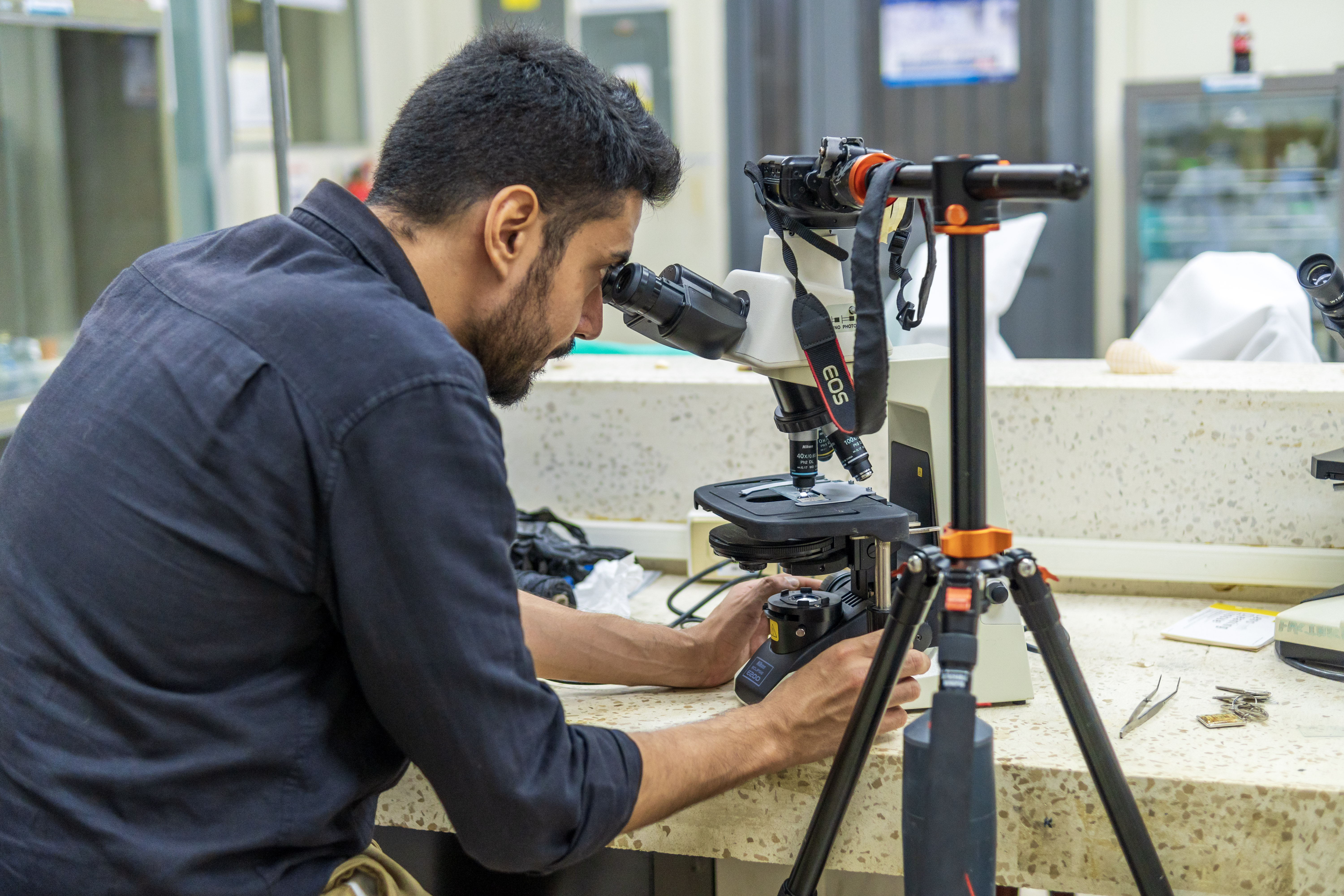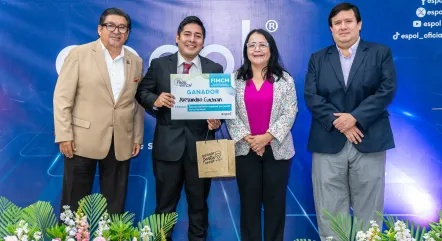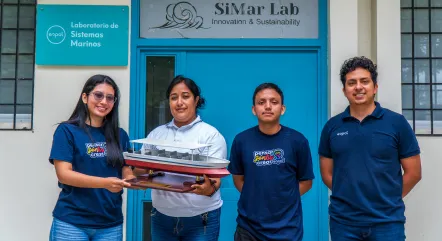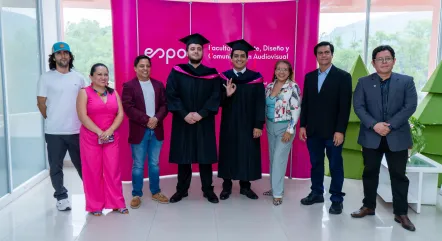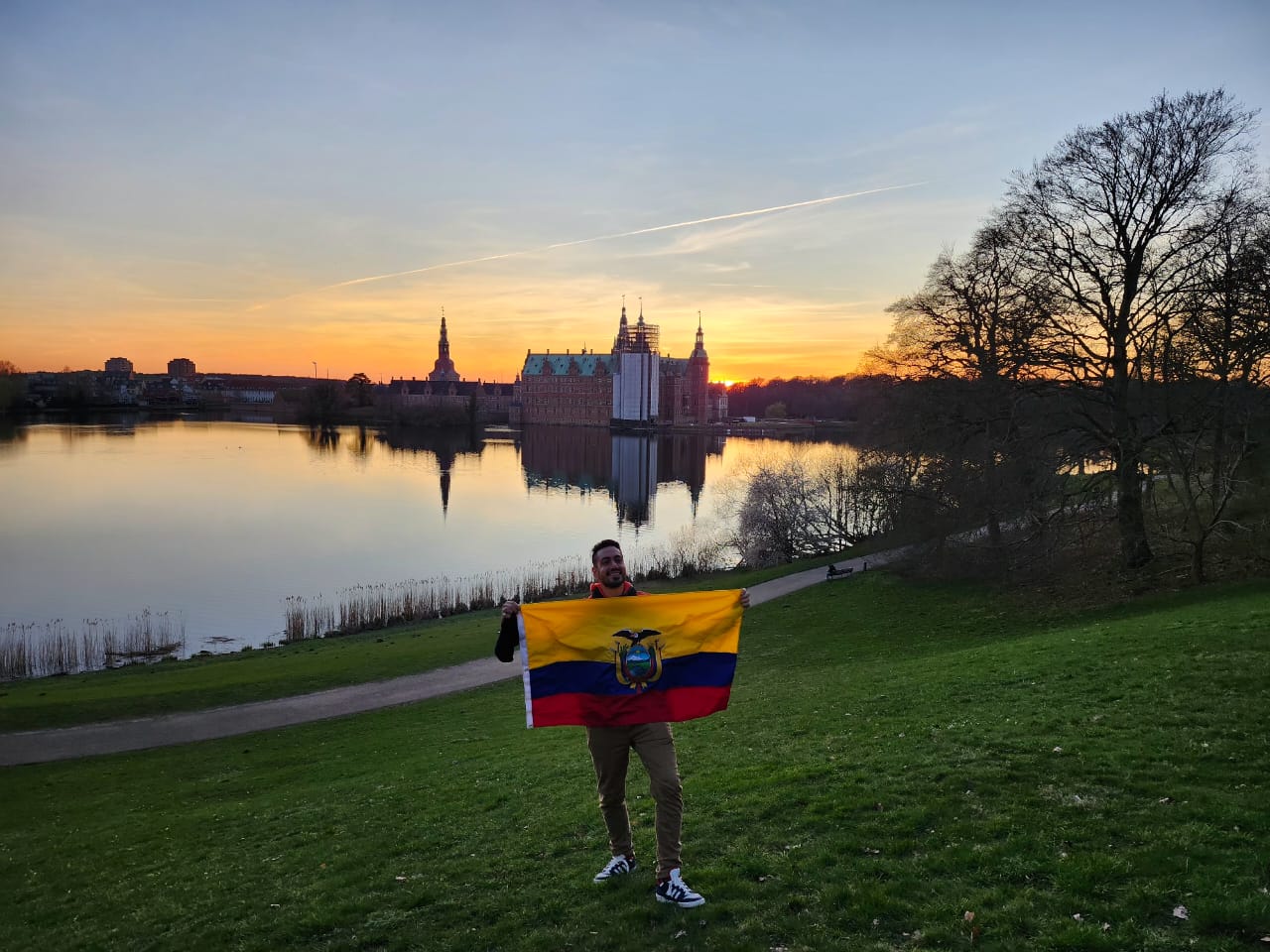
The Faculty of Maritime Engineering and Marine Sciences (FIMCM) of ESPOL celebrates the outstanding participation of biologist León Vergara, research technician of the Marine Management and Ecosystem Resources Laboratory (GMaRE), in the Training and Qualification Course on Harmful Marine Microalgae Identification, held in Denmark from March 31 to April 10, 2025.
This highly specialized course was organized by the Intergovernmental Oceanographic Commission (IOC) of UNESCO, in coordination with the International Atomic Energy Agency (IAEA) and the University of Copenhagen, bringing together scientists and technicians from different countries with the purpose of strengthening global capacities to face one of the most relevant challenges in marine health: Harmful Algal Blooms (HABs).
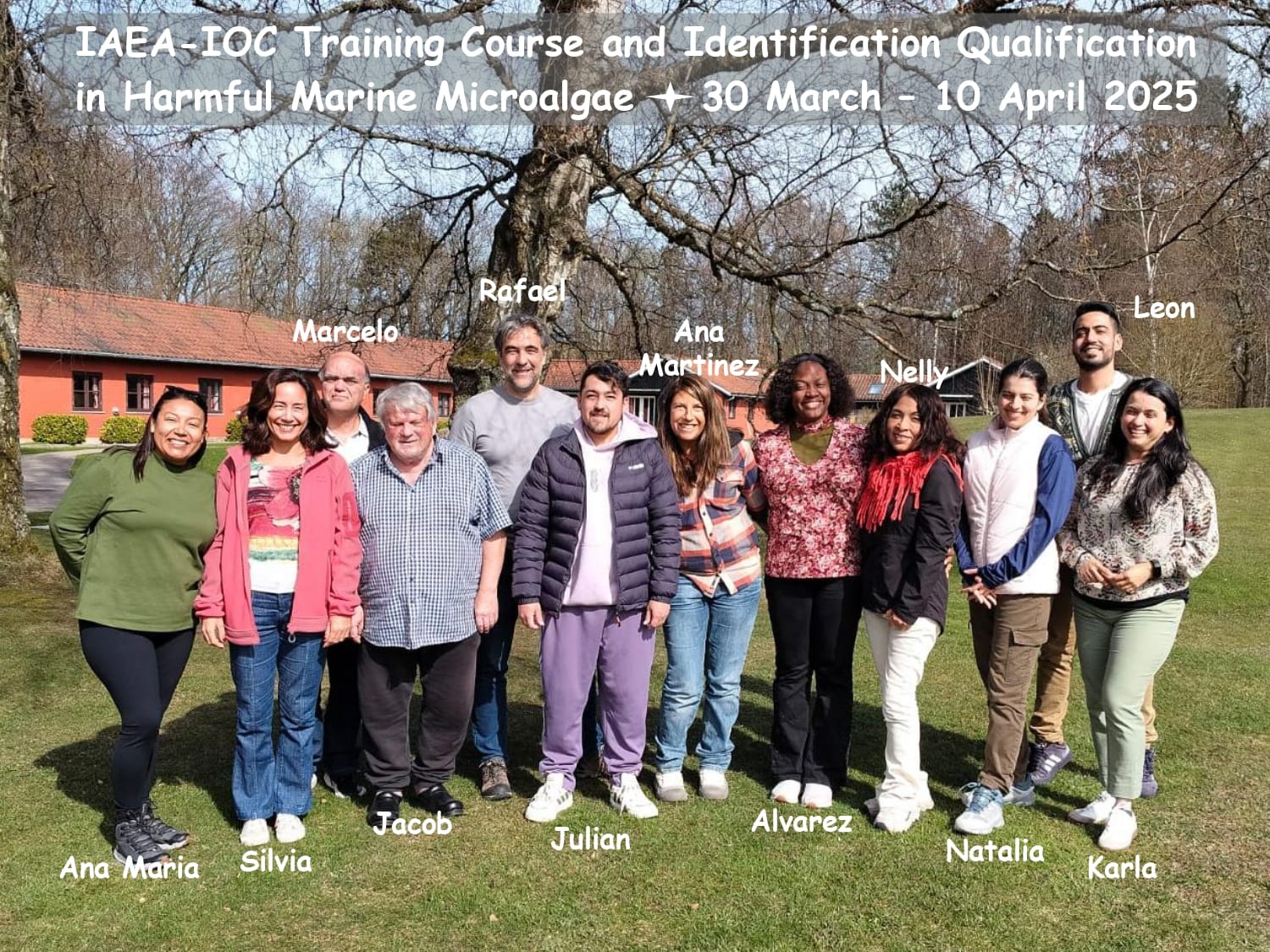
The training was structured in two main components:
📚 Virtual theoretical module (40 hours): developed through the OceanTeacher Global Academy platform, it addressed specialized content on microalgae taxonomy, marine toxicology, applicable international legislation, and environmental and food safety monitoring methodologies.
🔬 Practical classroom module (60 hours): carried out in laboratories at the University of Copenhagen, focused on advanced taxonomic identification of toxin-producing microalgae genera, such as Alexandrium, Pseudo-nitzschia, Dinophysis and Karenia, using microscopic techniques and standardized analysis protocols.
During his participation, León Vergara presented a detailed report on the advances developed in Ecuador within the framework of the IAEA regional project #RLA7028, as well as in collaboration with the research network #REMARCO. His intervention highlighted the national commitment in the monitoring, analysis and management of HABs, a phenomenon that affects marine biodiversity as well as public health and the fishing economy.
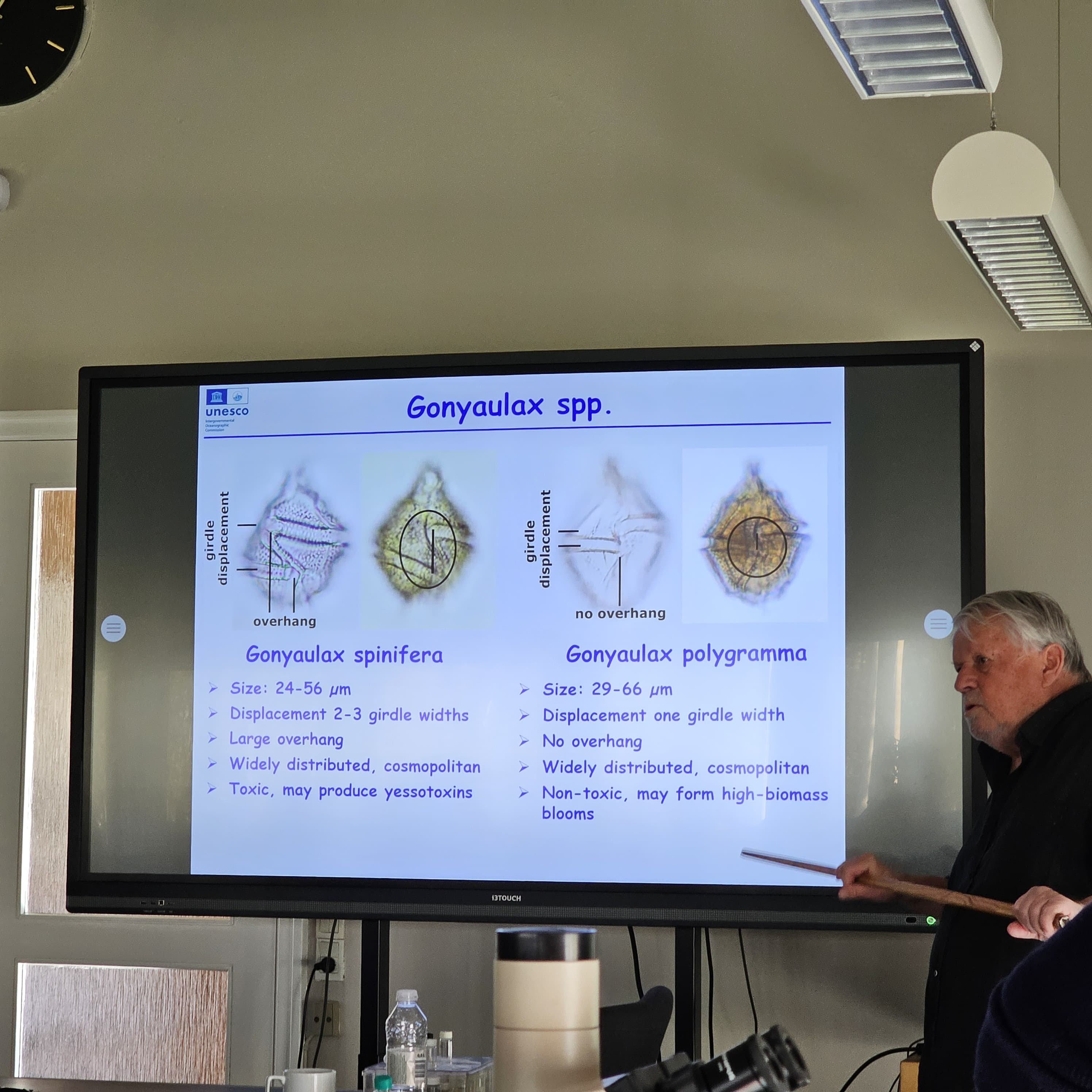
This experience represents a significant advance for the country's scientific community. As part of the commitments made, we plan to implement and replicate the course in Ecuadorian territory, adapted to local conditions, with emphasis on areas of high ecological sensitivity such as the coastal region and the Galapagos archipelago.
We at FIMCM-ESPOL reaffirm our commitment to the continuous training of our researchers and technicians, and to the development of capacities that will allow Ecuador to proactively face the emerging challenges in the sustainable management of its marine ecosystems.
